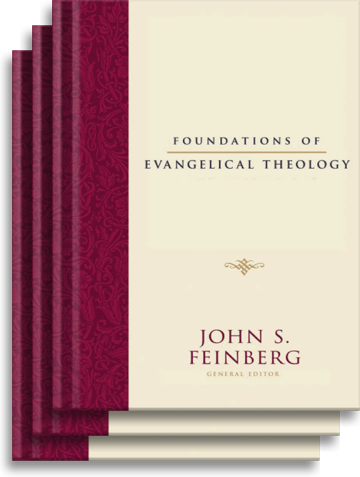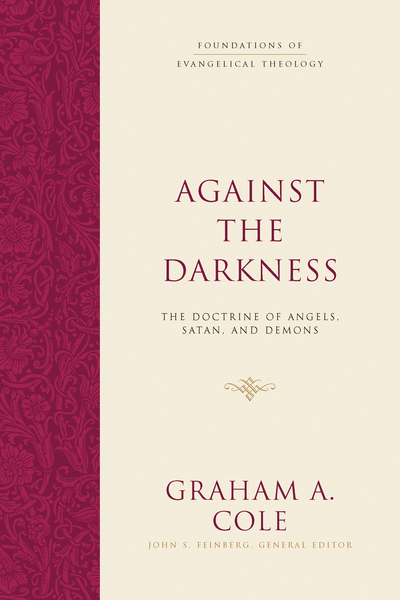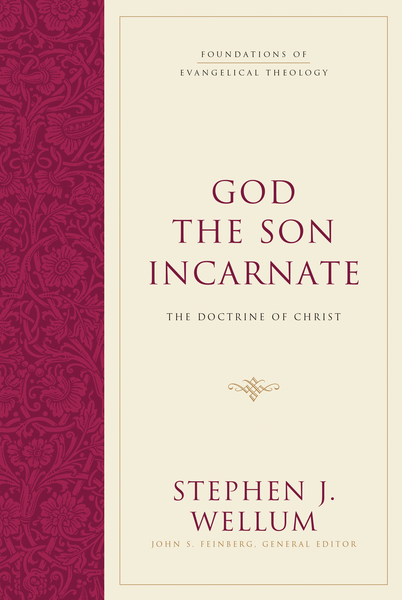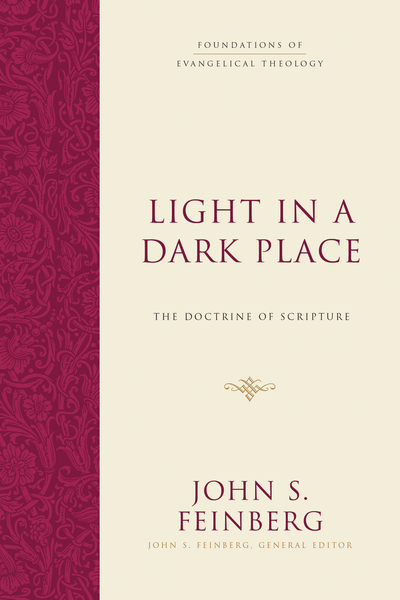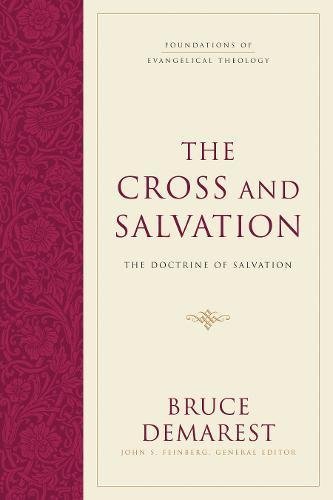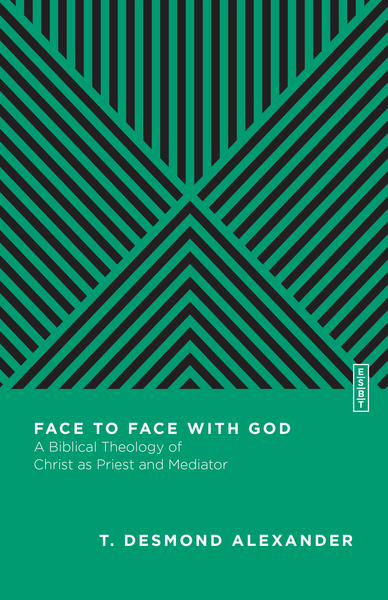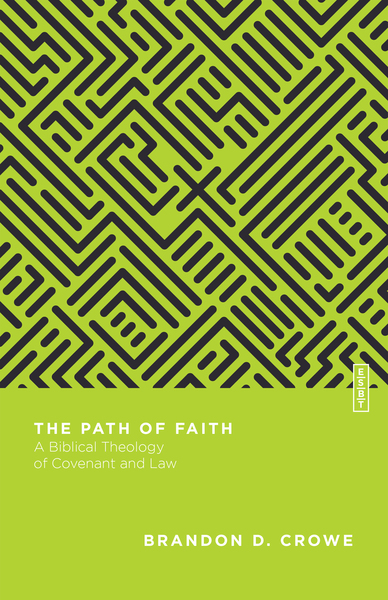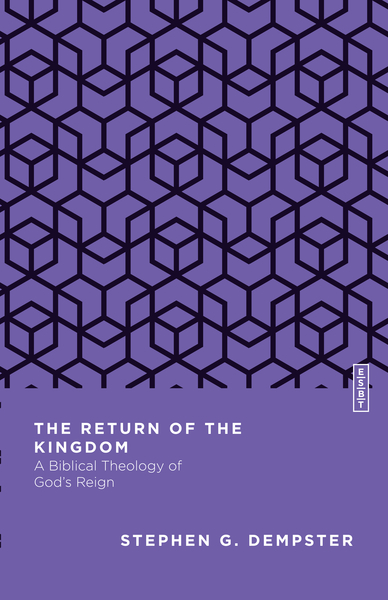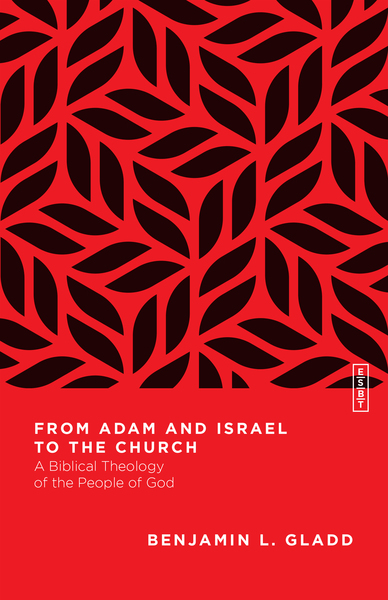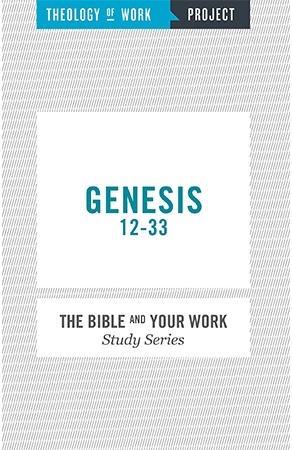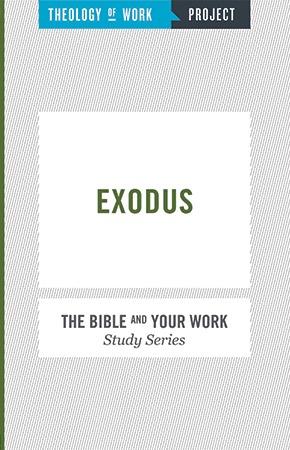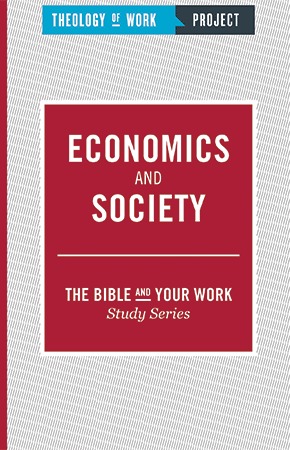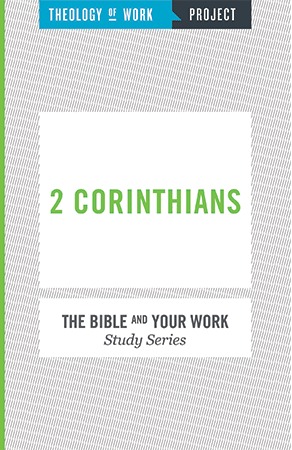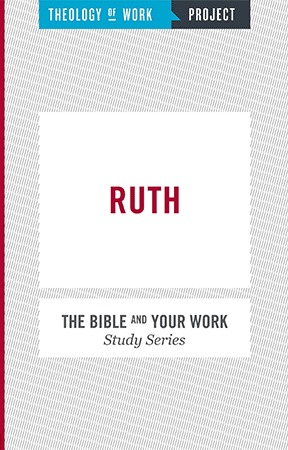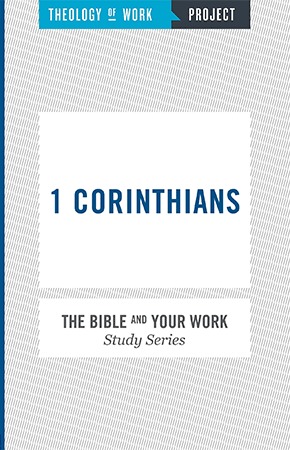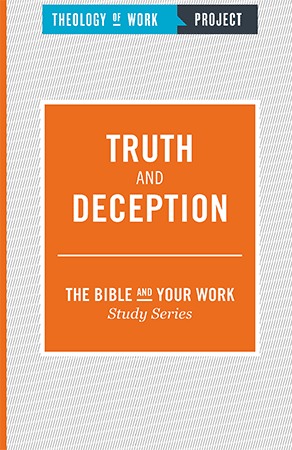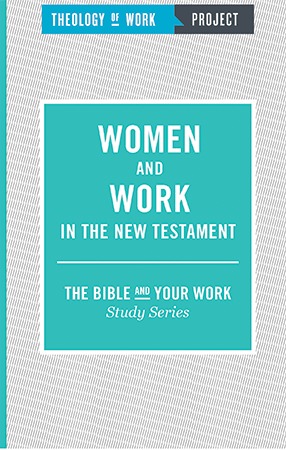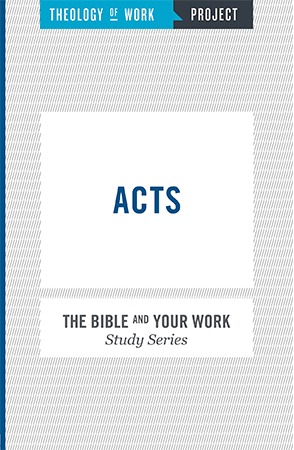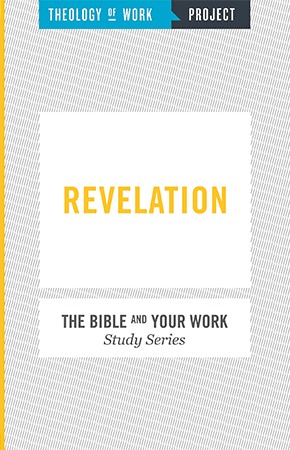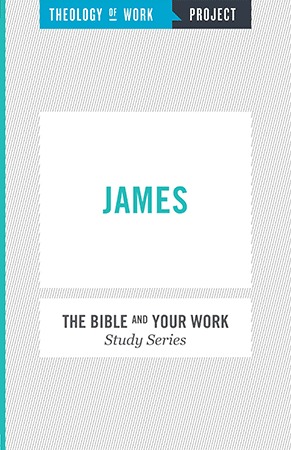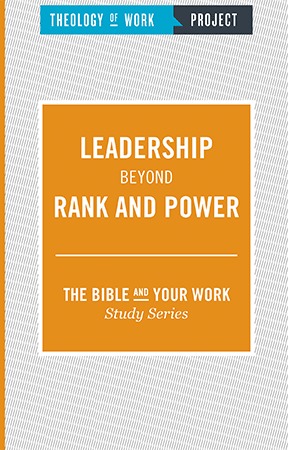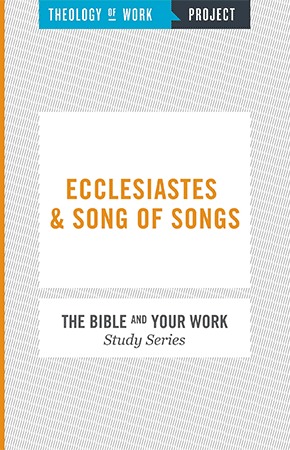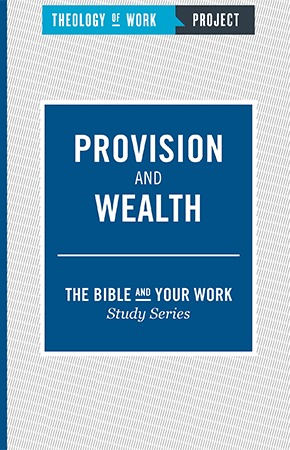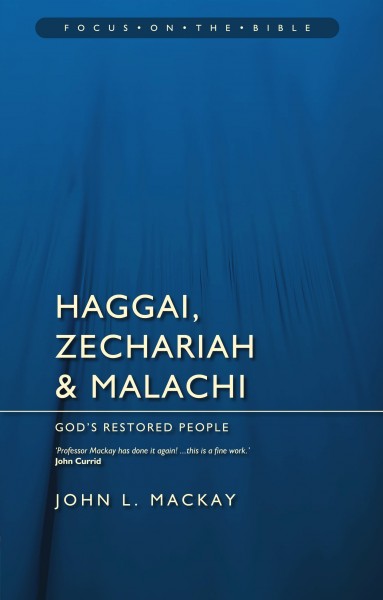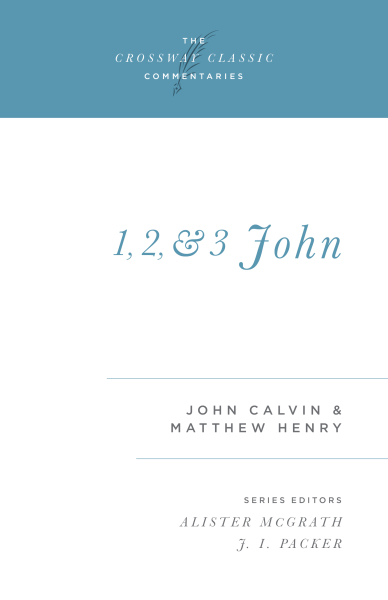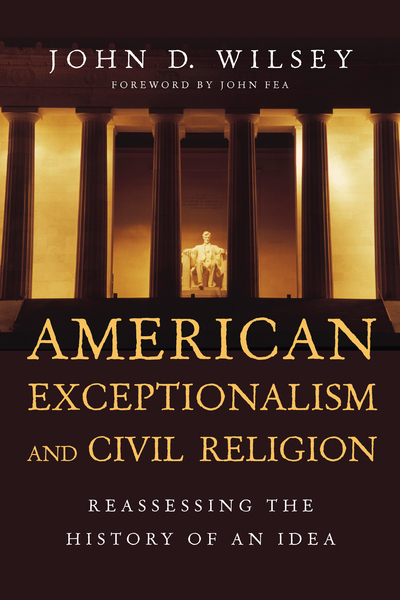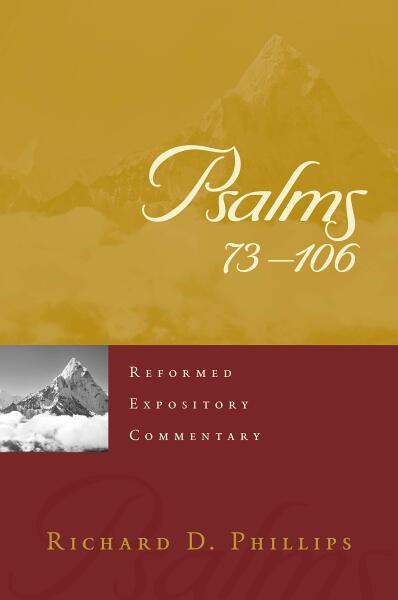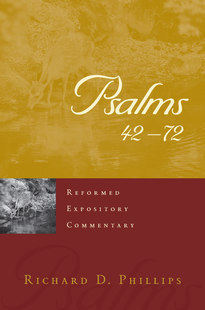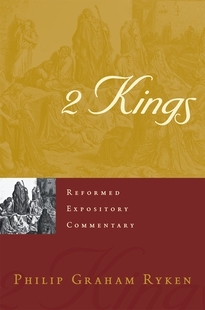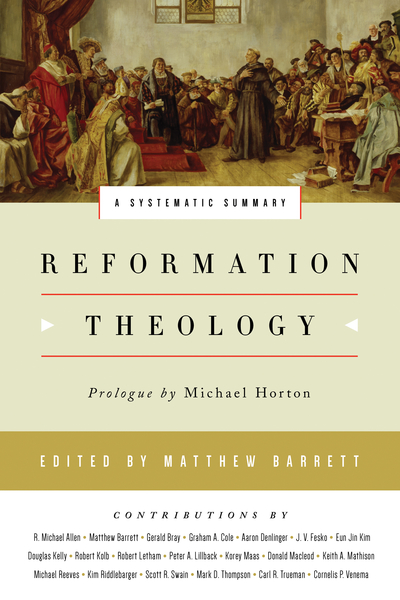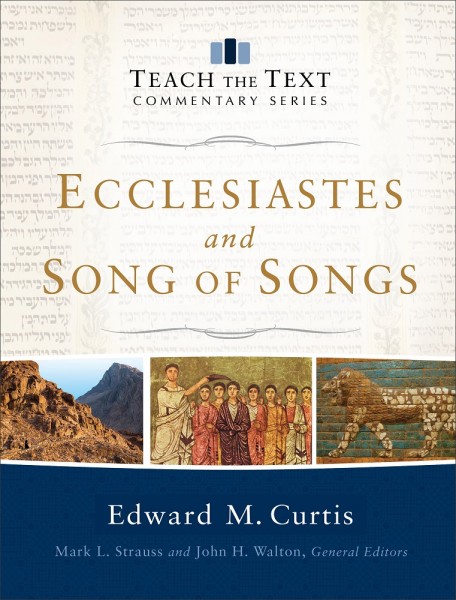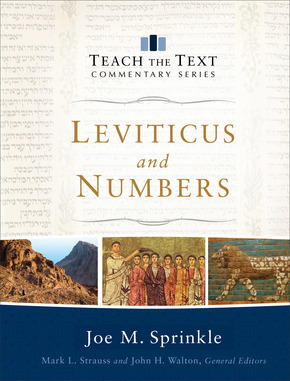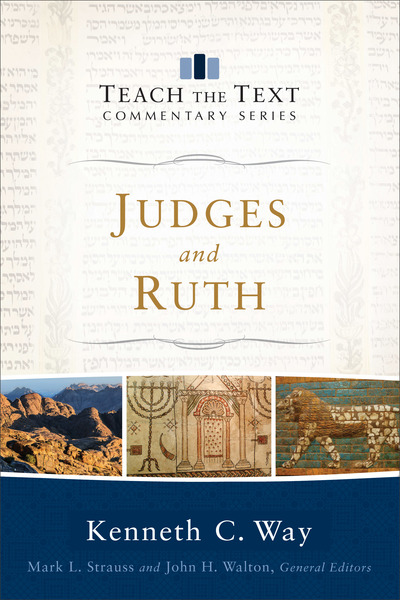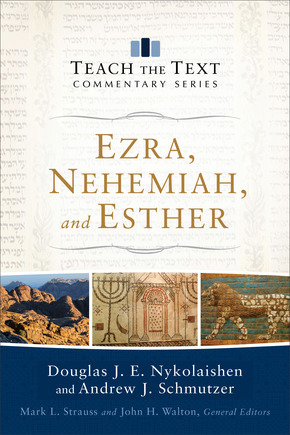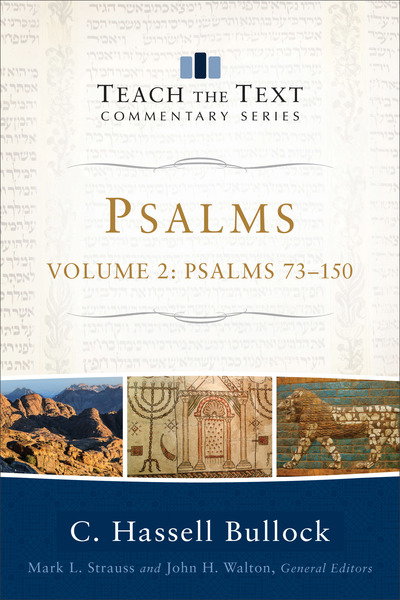

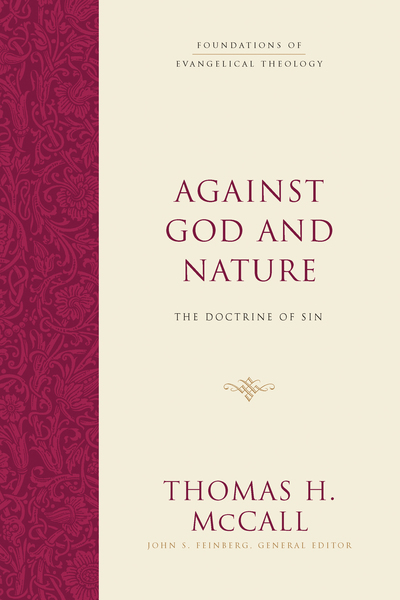
Foundations of Evangelical Theology: Against God and Nature - FET

Foundations of Evangelical Theology: Against God and Nature - FET
Without a proper understanding of sin, there can never be a proper understanding of the gospel. Sin is opposed both to God’s will and to nature, leaving us in need of God’s grace and redemption. This comprehensive exploration of the doctrine of sin looks at what the Bible teaches about sin's origin, nature, and consequences, engaging with historical and contemporary movements. Dealing with difficult issues such as original sin, angelic sin, corporate sin, greater and lesser sins, and more, this book ends with a discussion on divine grace, which is the only hope for the problem of sin.
About the Foundations of Evangelical Theology series: Biblical truth doesn't change, however the issues that the church faces with each generation do. As theology addresses both the truths of Scripture and contemporary issues, a need arises from time to time to review and revise systematic theology. The Foundations of Evangelical Theology series proposes to incorporate insights from Scripture, historical theology and philosophy in order to produce an up-to-date work in systematic theology. Embracing the historical orthodox doctrines of the church, the series attempts to discuss broadly based evangelical theology. Alternate evangelical and non-evangelical options are discussed as well. To ensure that these works of systematic theology go beyond just understanding to true life application, the doctrines presented will be given practical application to everyday life.
This series brings the best in scholarship to the advanced user, but is accessible to the beginner in theology as well. Technical terms, when used, will be defined.
Thomas H. McCall (PhD, Calvin Theological Seminary) is professor of theology and scholar-in-residence Asbury University. He previously taught at Trinity Evangelical Divinity School and is the director of the Carl F. H. Henry Center for Theological Understanding. He is also professorial fellow in analytic and exegetical theology at the University of St. Andrews. He is the author or coauthor of several books, including many on the Trinity.
